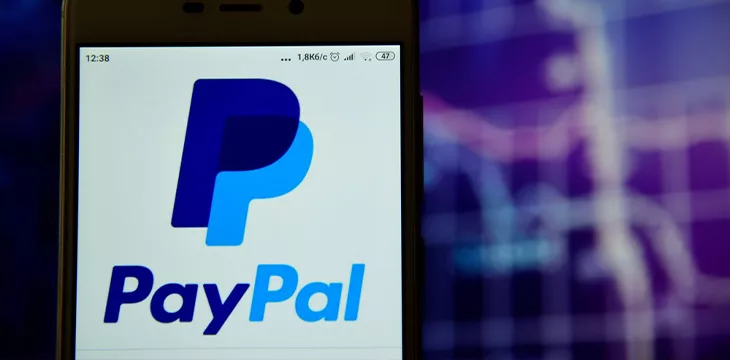|
Getting your Trinity Audio player ready...
|
Global online payments giant PayPal (NASDAQ: PYPL) will now allow users to fund their cross-border transfers with its PYUSD stablecoin, which has experienced a drastic dip in circulation.
The Palo Alto, California-based company recently announced that its Xoom cross-border payments service users can convert their PYSUD to U.S. dollars and send it to over 160 supported countries.
Despite the advancement of financial technology, PayPal is tapping into an industry that continues to be plagued by high fees, slow transactions, and general unavailability to the people who need it most.
According to the latest World Bank report, the global average cost for a $200 transfer is over 6%, with regions like Sub-Saharan Africa paying even more.
The new feature only allows Xoom clients to use PYSUD stablecoin as a funding source, with the company converting the stablecoin in a user’s PayPal Cryptocurrency Hub to USD. While the conversion is free, the transfers are subject to applicable fees, including the foreign exchange rates for recipients who choose currencies other than USD.
Jose Fernandez da Ponte, PayPal’s senior vice president of Blockchain, Cryptocurrency, and Digital Currency Group, says the move aids the company mission with PYUSD: “maximize user confidence and ensure it had utility for commerce and payments.”
“Enabling U.S. users of Xoom the option to fund cross-border money transfers using PYUSD builds on our goal of driving mainstream adoption of cryptocurrencies while also offering an easy way to securely send money to friends and family at a lower cost,” he commented.
The move comes amid a sharp decline in the circulation of PYUSD. Launched in August 2023 in partnership with Paxos Trust, the stablecoin recorded rapid growth, doubling its circulation in January 2024 to over $300 million.
However, after hitting an all-time high of $312 million, it has been drastically declining and currently sits at $191 million.
PayPal continues to push the stablecoin by disbursing it on its P2P payment service,
Venmo. It’s also using it to make investments through its venture arm, including a $5 million investment in blockchain startup Mesh earlier this year.
Meanwhile, stablecoins are attracting new entrants as the sector becomes critical to the digital assets space. The latest is Ripple, the company embroiled in a lawsuit with the SEC, which recently announced the impending launch of its stablecoin.
Watch: Stablecoins with Daniel Lipshitz

 07-11-2025
07-11-2025 





